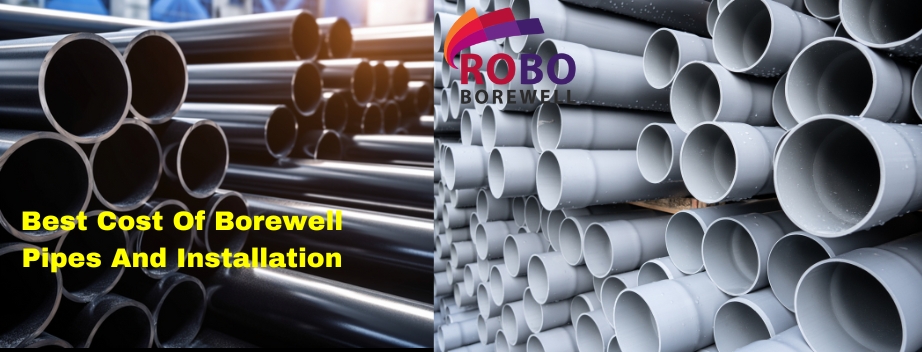
Borewell pipes are essential components in agriculture, residential, and industrial applications where water extraction from underground sources is required. Whether you're a farmer looking to irrigate your fields, a homeowner seeking an independent water source, or a business owner managing an industrial setup, understanding the cost of borewell pipes and the installation process is critical. This guide will cover everything from borewell pipe price to agriculture borewell pipes and borewell casing pipe cost. Let’s dive deep into the factors that influence the pricing, the types of pipes available, and the installation costs.
Introduction to Borewell Pipes
A borewell is a deep, narrow well drilled into the ground to access underground water. Borewell pipes play a crucial role in bringing the water from deep beneath the surface to where it’s needed. They not only serve as the water conduit but also protect the borehole from collapsing and prevent contaminants from entering the water supply.
There are several types of borewell pipes, and each is designed to meet specific requirements in terms of durability, depth, and water pressure. Selecting the right borewell pipes and installation process can directly affect the efficiency and longevity of your borewell system.
Key Terms:
Borewell Pipe Price: The cost of the pipes used in borewell installation.
Agriculture Borewell Pipes: Pipes specifically used for agricultural borewells, which usually have specific durability and size requirements.
Borewell Casing Pipe Cost: The price of casing pipes that provide structural support and prevent the collapse of the borehole.
Types of Borewell Pipes
The type of pipe you choose for your borewell can significantly affect the overall cost, durability, and water extraction efficiency. Here are the most common types of borewell pipes:
1. PVC Borewell Pipes
Polyvinyl Chloride (PVC) borewell pipes are widely used due to their affordability, durability, and resistance to corrosion. These pipes are lightweight, easy to install, and relatively cheaper than other materials. PVC pipes come in various sizes and thicknesses, making them suitable for different depths and water flow requirements.
Advantages:
Corrosion resistance
Lightweight and easy to handle
Affordable
Low maintenance
Disadvantages:
May not withstand extremely high pressures
Limited lifespan compared to metal pipes in certain conditions
PVC Borewell Pipe Price: Prices can vary based on the diameter and length, but typically range from ₹100 to ₹300 per meter.
2. HDPE Borewell Pipes
High-Density Polyethylene (HDPE) pipes are known for their strength and flexibility. These pipes are resistant to harsh environmental conditions, including extreme temperatures and UV rays, making them ideal for outdoor applications. HDPE borewell pipes are popular for agriculture and industrial use.
Advantages:
High strength and flexibility
Resistant to corrosion, UV radiation, and chemicals
Long-lasting
Suitable for deep borewells
Disadvantages:
Higher initial cost compared to PVC
Requires specialized installation equipment
HDPE Borewell Pipe Price: Prices typically range from ₹150 to ₹400 per meter depending on the thickness and diameter.
3. Steel Borewell Pipes
Steel pipes are the traditional choice for borewell installations, especially in deep borewells where high pressure and extreme conditions are prevalent. Galvanized Iron (GI) and Mild Steel (MS) pipes are commonly used for their durability and strength. They are ideal for industrial and commercial borewell systems.
Advantages:
Extremely durable and long-lasting
Can withstand high pressure and deep borewell applications
Ideal for harsh environmental conditions
Disadvantages:
Expensive compared to PVC and HDPE pipes
Prone to rust and corrosion over time, unless coated or galvanized
Steel Borewell Pipe Price: Prices typically start from ₹500 per meter and can go up to ₹1500 or more, depending on the thickness and material grade.
4. FRP Borewell Pipes
Fiberglass Reinforced Plastic (FRP) borewell pipes are relatively new in the market but gaining popularity due to their corrosion-resistant and lightweight properties. They are especially useful in areas with saline or corrosive underground water.
Advantages:
Highly resistant to corrosion
Lightweight
Long-lasting in harsh water conditions
Disadvantages:
Higher cost compared to traditional materials
Limited availability
FRP Borewell Pipe Price: Prices can vary but generally range from ₹400 to ₹1200 per meter.
Borewell Pipe Price Factors
The cost of borewell pipes depends on several factors, including:
Material Type: As discussed earlier, the type of material (PVC, HDPE, Steel, FRP) plays a significant role in determining the price.
Pipe Diameter: Larger diameter pipes cost more. Typically, borewell pipes come in diameters ranging from 2 inches to 8 inches, with prices increasing as the diameter increases.
Pipe Thickness: Thicker pipes can withstand more pressure and are often required for deeper borewells, but they also come at a higher price.
Brand and Quality: Established brands offering high-quality pipes might charge a premium, but these pipes often come with better warranties and durability.
Location and Transportation: Depending on your geographical location, the cost of transporting the pipes to your site may add to the overall borewell pipe price.
Installation and Labor: The cost of installation, which includes labor charges, can vary based on the complexity of the borewell system and the depth of the borehole.
Agriculture Borewell Pipes: What to Consider?
When installing borewells for agricultural purposes, it’s important to consider the specific requirements of the field and crop irrigation needs. Agriculture borewell pipes are often exposed to harsh conditions and fluctuating water demands, so durability and efficiency are key.
Durability: Agricultural borewell pipes should withstand high pressure and rough handling during installation and maintenance. HDPE and steel pipes are excellent choices for agriculture borewells due to their strength and long life.
Flow Capacity: The size of the pipes should match the required water flow for irrigating crops. Larger diameters are often preferred to ensure a steady water supply.
Corrosion Resistance: In agricultural settings, water may contain dissolved salts or chemicals. Choosing corrosion-resistant pipes like HDPE or PVC can prevent frequent replacements and maintenance.
Cost-Effectiveness: PVC pipes are a popular choice in agriculture due to their affordability and ease of installation. However, if your borewell needs to go deeper or you anticipate heavy water usage, investing in HDPE or steel pipes might be more cost-effective in the long run.
Agriculture Borewell Pipe Price: Agriculture borewell pipes typically range between ₹100 to ₹500 per meter, depending on the material, size, and brand.
Borewell Casing Pipe Cost
Casing pipes are critical for protecting the borewell from collapsing and preventing dirt, debris, and contaminants from entering the water. The borewell casing pipe cost depends on the depth of the borewell, the pipe material, and the diameter.
Common Types of Casing Pipes:
PVC Casing Pipes: Lightweight and affordable, PVC casing pipes are a popular choice for shallow borewells.
HDPE Casing Pipes: More durable than PVC, HDPE casing pipes are suitable for medium-depth borewells.
Steel Casing Pipes: Ideal for deep borewells and extreme conditions, steel casing pipes provide maximum protection and longevity.
Factors Influencing Borewell Casing Pipe Cost:
Depth of the Borewell: The deeper the borewell, the longer the casing pipes required. Deeper borewells may also need thicker and more durable casing pipes.
Material of the Casing: As with borewell pipes, the material (PVC, HDPE, steel) affects the price. Steel casing pipes are the most expensive, but they offer the best protection in deep borewells.
Pipe Diameter: The larger the diameter of the borewell, the wider the casing pipes need to be, which will increase the cost.
Installation Charges: Labor costs for installing casing pipes can also add to the overall cost.
Borewell Casing Pipe Price:
PVC Casing Pipe Price: Typically ranges from ₹150 to ₹400 per meter.
HDPE Casing Pipe Price: Ranges from ₹200 to ₹600 per meter.
Steel Casing Pipe Price: Can range from ₹800 to ₹2000 per meter, depending on the thickness and grade.
Borewell Installation Costs
The total cost of a borewell installation includes not just the borewell pipe price and casing pipe cost, but also labor, equipment, and other miscellaneous charges. Here’s a breakdown of the typical expenses involved in borewell installation:
1. Drilling Cost
Borewell drilling costs can vary based on the depth of the borewell, the terrain, and the drilling method. The deeper the borewell, the higher the cost per foot or meter.
Shallow Borewell (up to 100 feet): ₹50 to ₹100 per foot
Medium Depth Borewell (100-300 feet): ₹100 to ₹200 per foot
Deep Borewell (300+ feet): ₹200 to ₹400 per foot
2. Pipe Installation Cost
Labor charges for installing the pipes, whether PVC, HDPE, or steel, also contribute to the total borewell cost. This may include fitting and securing the pipes in the borehole and connecting the pipes to the pump system.
3. Pump Installation
Once the borewell is drilled and the pipes are installed, a pump system is required to extract the water. The type of pump (submersible, centrifugal) and its capacity depend on the depth of the borewell and the water table.
Pump Cost: ₹10,000 to ₹50,000, depending on the type and capacity
Installation Charges: ₹5000 to ₹20,000, depending on the complexity
4. Miscellaneous Costs
Transportation: Depending on the location of the borewell site, transportation of drilling equipment, pipes, and labor may add to the cost.
Testing and Cleaning: After installation, the borewell should be tested for water quality and flow rate. Cleaning services may be required to remove any debris from the borehole.
Conclusion
Understanding the borewell pipe price, agriculture borewell pipes, and borewell casing pipe cost is essential for making informed decisions about borewell installation. Whether you’re installing a borewell for agricultural, residential, or industrial use, investing in the right materials and proper installation techniques ensures a long-lasting and efficient water extraction system.
Choosing the right type of pipes be it PVC, HDPE, steel, or FRP depends on your specific needs, budget, and environmental conditions. For most shallow borewells, PVC pipes offer an affordable solution, while HDPE and steel pipes are better suited for deeper and more demanding applications.
In terms of cost, borewell installation can vary significantly based on location, depth, pipe material, and labor charges. It’s advisable to get quotes from multiple suppliers and contractors to ensure you’re getting the best deal for your borewell installation.
By considering all these factors, you can ensure a smooth and cost-effective borewell installation process, providing you with a reliable and sustainable water source for years to come.
FAQ’s
1 What is the average cost of borewell pipes?
The cost of borewell pipes varies based on material and size. Generally, PVC pipes range from ₹100 to ₹300 per meter, HDPE pipes from ₹150 to ₹400 per meter, and steel pipes can range from ₹500 to ₹1500 per meter.
2 What type of pipes are best for agricultural borewells?
HDPE and steel pipes are often preferred for agricultural borewells due to their durability and resistance to harsh conditions. PVC pipes are also used for shallow applications due to their affordability and ease of installation.
3 What is the purpose of casing pipes in borewells?
Casing pipes provide structural support to the borehole, preventing it from collapsing and protecting the water supply from contaminants and debris.
4 How much does borewell drilling cost?
Borewell drilling costs vary based on depth and terrain. Shallow borewells (up to 100 feet) can cost ₹50 to ₹100 per foot, while deeper borewells (300+ feet) may range from ₹200 to ₹400 per foot.
5 Are there additional costs associated with borewell installation?
Yes, additional costs may include labor charges for installation, pump installation, transportation, and testing/cleaning of the borewell. Overall costs can vary significantly based on these factors.


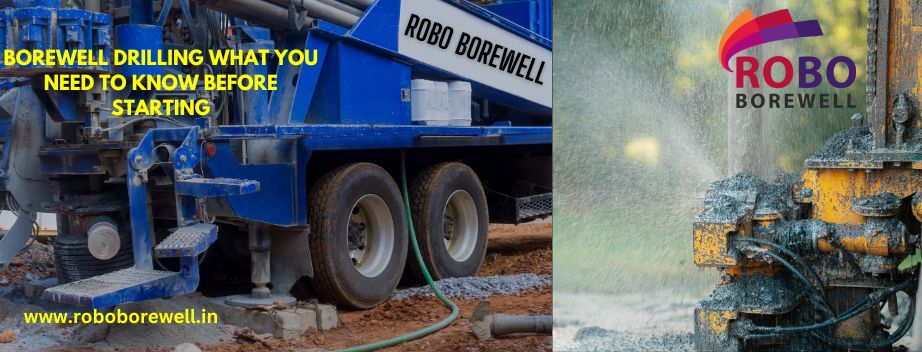



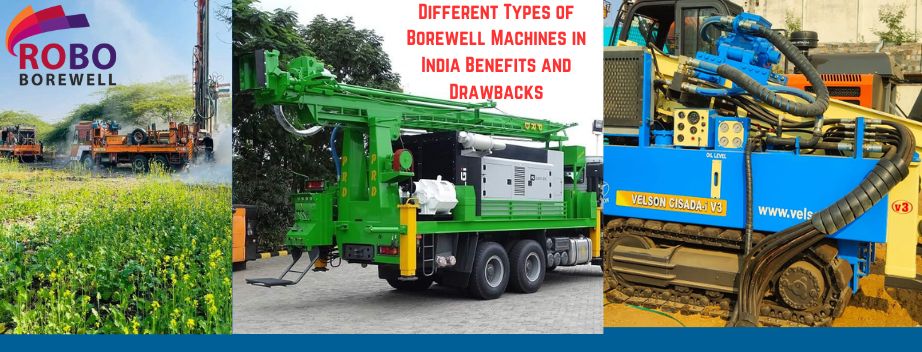
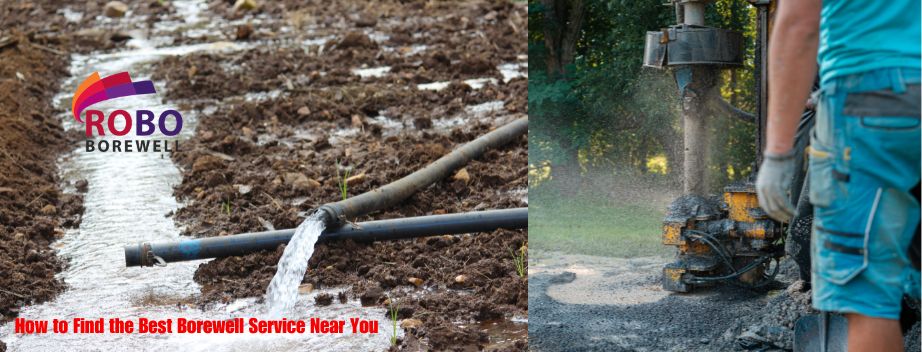
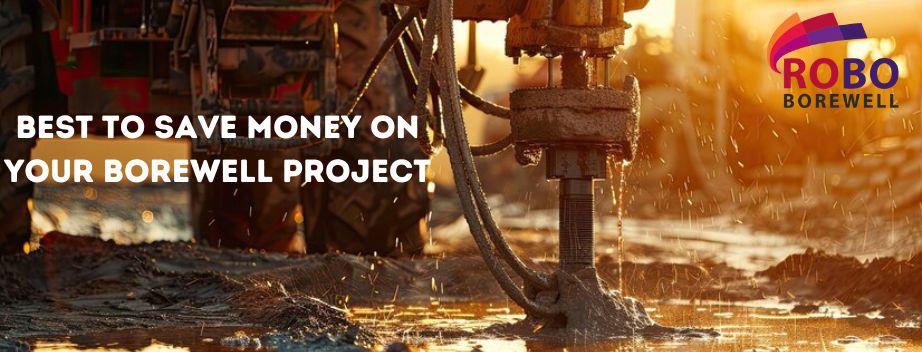
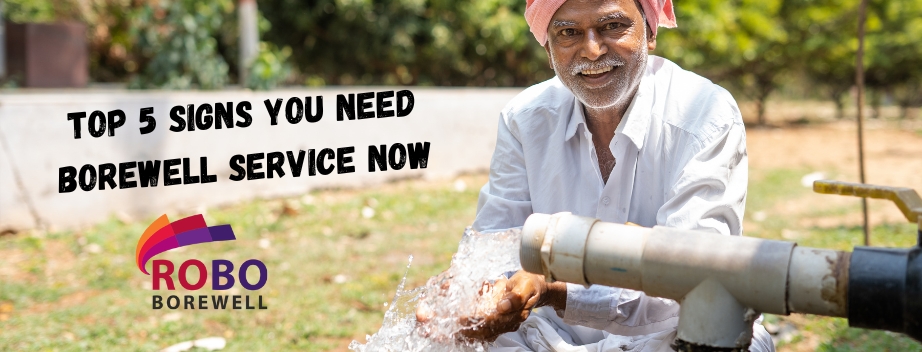
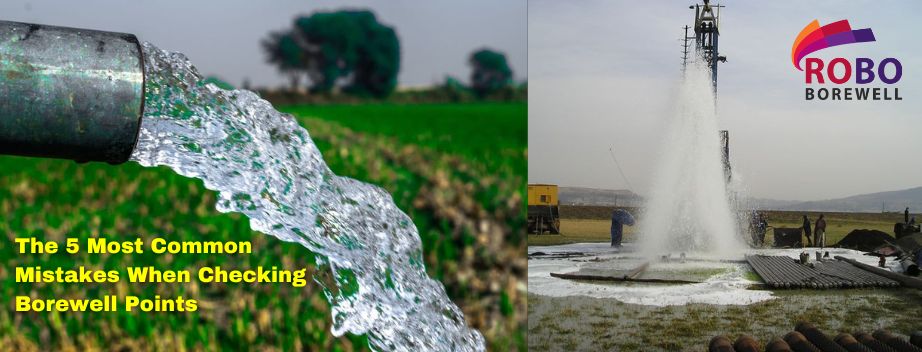
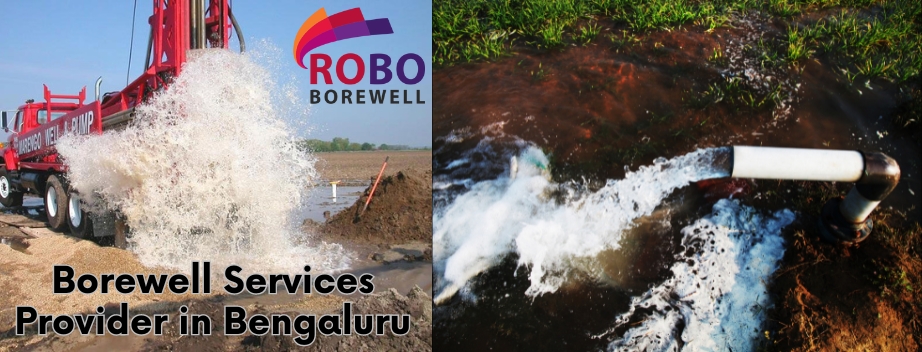
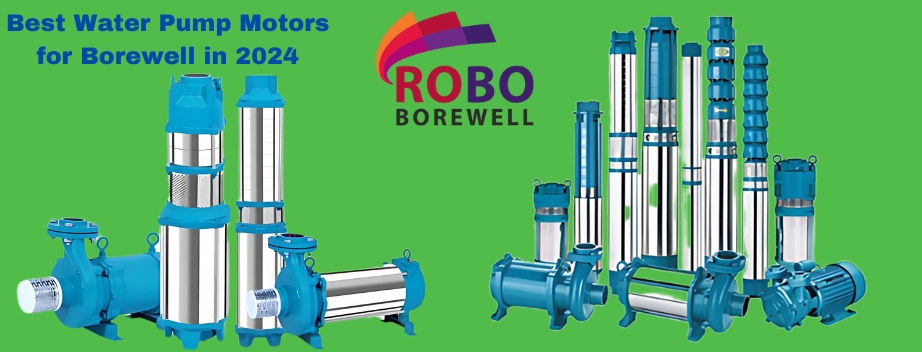
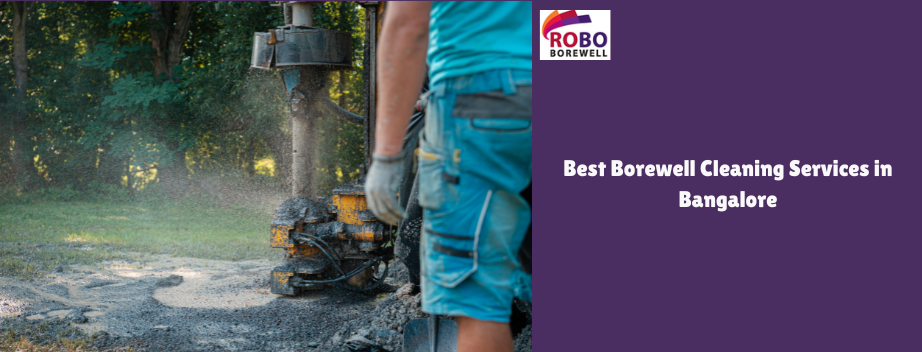


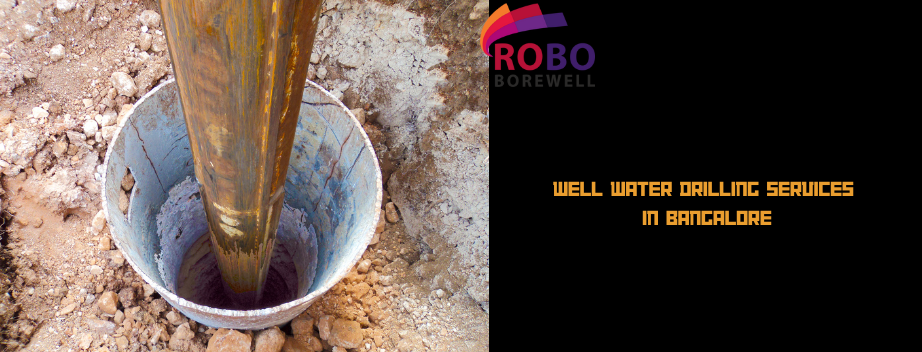
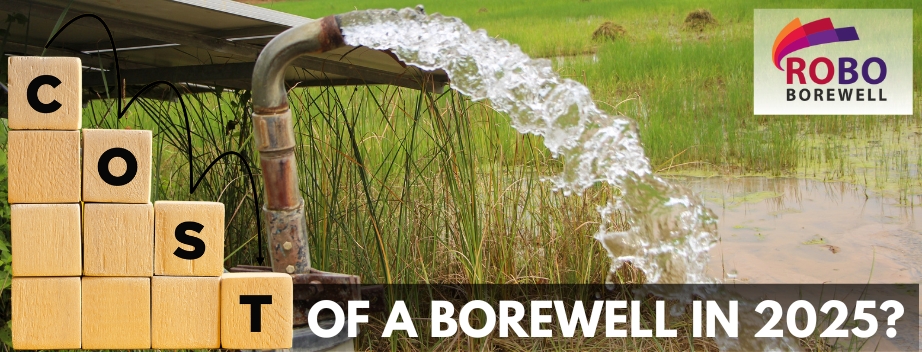

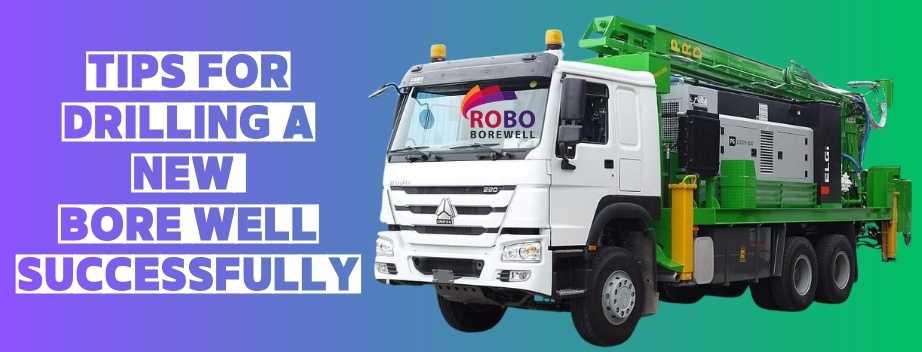
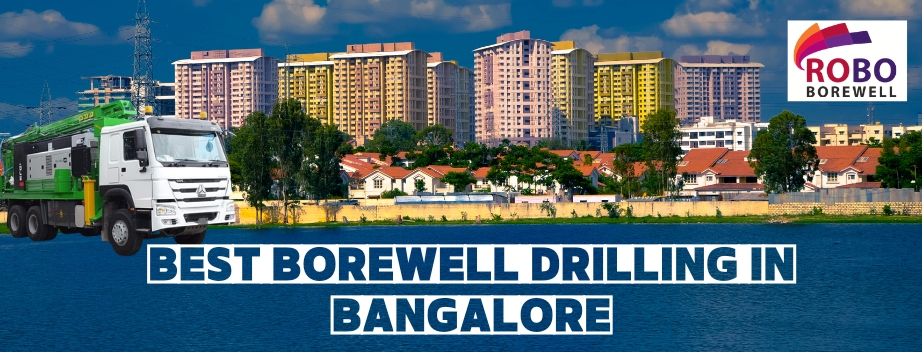
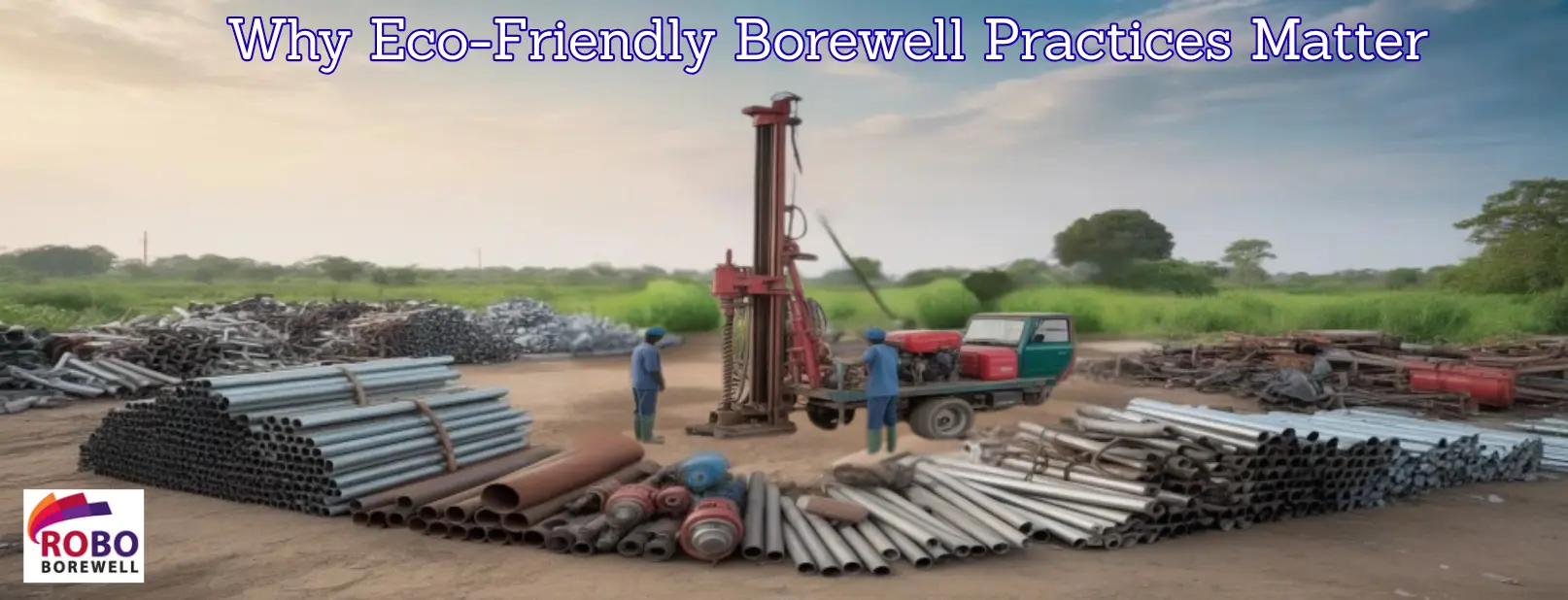
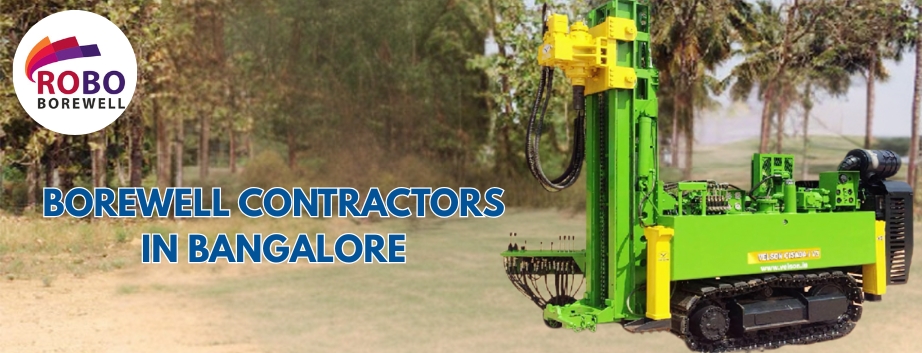
Add a comment